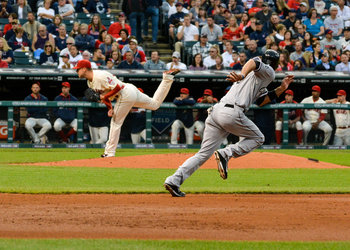
Avoidance
Avoiding an unpleasant decision. Often motivated by basic pain avoidance. For example, a manager who avoids making a decision on whether to terminate an employee with low performance.Sidelining
Sidelining is the practice of defeating challenges by simply ignoring them. For example, a manager whose strategy is challenged by their team who simply discards suggestions without any reasoned decision as to why.Defense of the Status Quo
The status quo is the way that things have been in the past up to the present moment. This can be defended by simply deferring decisions regarding change. This is a variation of sidelining. For example, a firm that is challenged by investors, employees and customers to reduce their pollution that continually defers decisions to do so.Inefficiency
Decisions that can't be made due to inefficiencies such as political gridlock. For example, a situation where decision authority is unclear or is assigned to a group instead of a person.Indecision
A decision maker who overthinks a decision to the point that they fail to make the decision. For example, a manager who can't decide which candidate to hire for a position such that the position never gets filled.Unknown Problems
A decision that should be made that goes unnoticed. For example, an IT team that doesn't notice that one of their software vendors has gone out of business such that their software has suddenly fallen out of support. This would normally trigger a decision to either phase out the software or to accept the risk of continuing to use the software.Unnoticed Decision
A decision that is taken without noticing such as a distracted driver who takes the right fork in a road without noticing this decision.Last Responsible Moment
Last responsible moment is the practice of deferring decisions until they truly need to be made. This often resembles a non-decision but is based on rational thought as delaying decisions often allows for discovery. For example, a student who doesn't commit to an academic major until they find a passion for something.Do Nothing Strategy
A do nothing strategy is a decision to do nothing in a particular situation. For example, a farmer who decides they will do nothing about deer who are damaging their crops. A decision to do nothing is a decision nonetheless and shouldn't be confused with a nondecision.Notes
In sociology, the term non-decision is used to imply sidelining.Risk acceptance is often confused with inaction or indecision.| Overview: Non Decision | ||
Type | ||
Definition | A decision that is never made often resulting in a default decision or continuation of the status quo. | |
Alternative Spelling | Nondecision | |
Related Concepts | ||





























